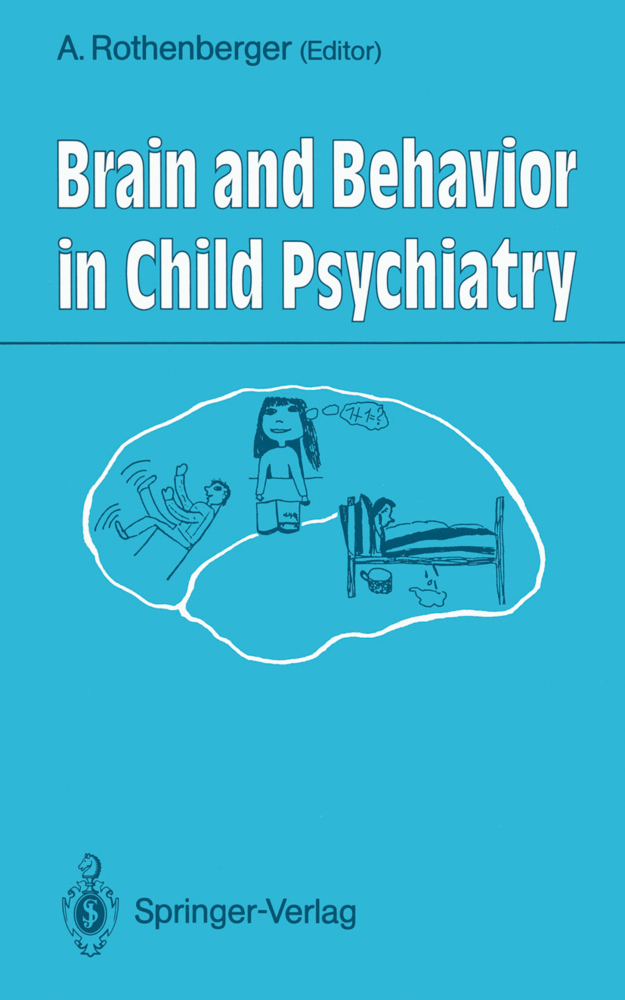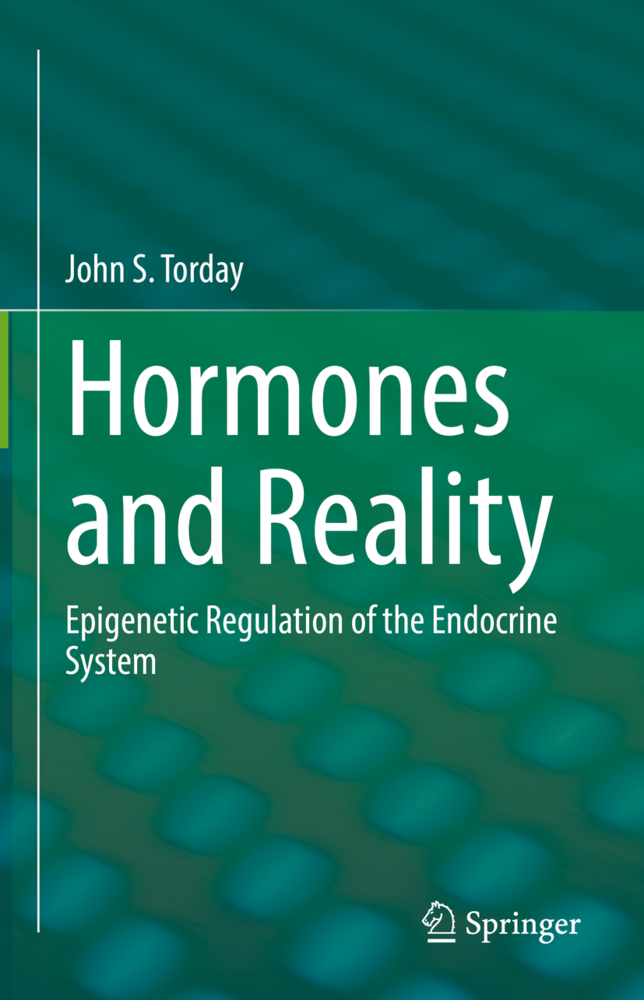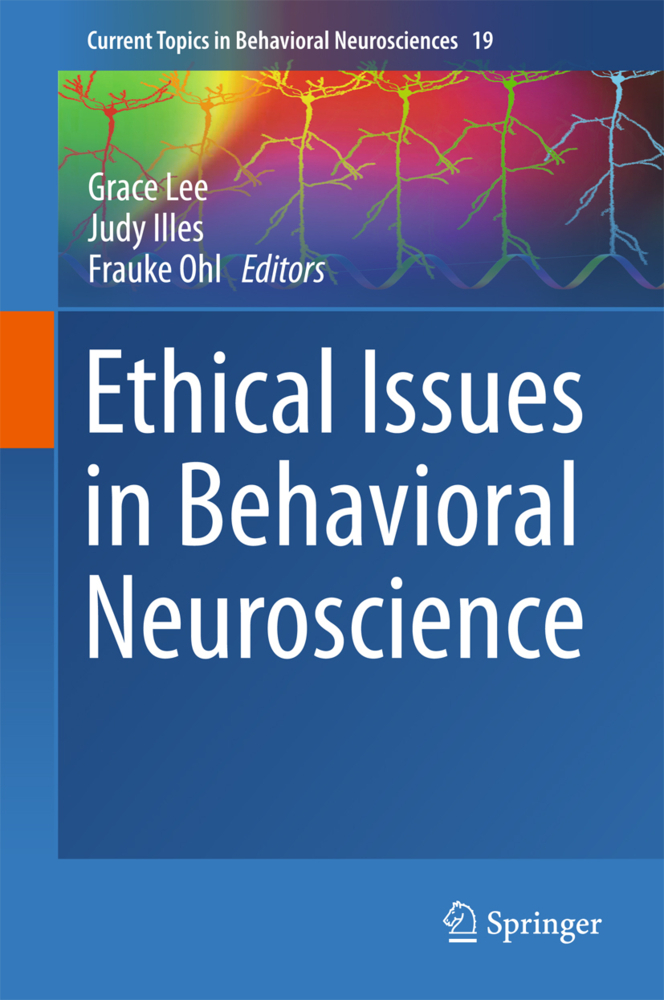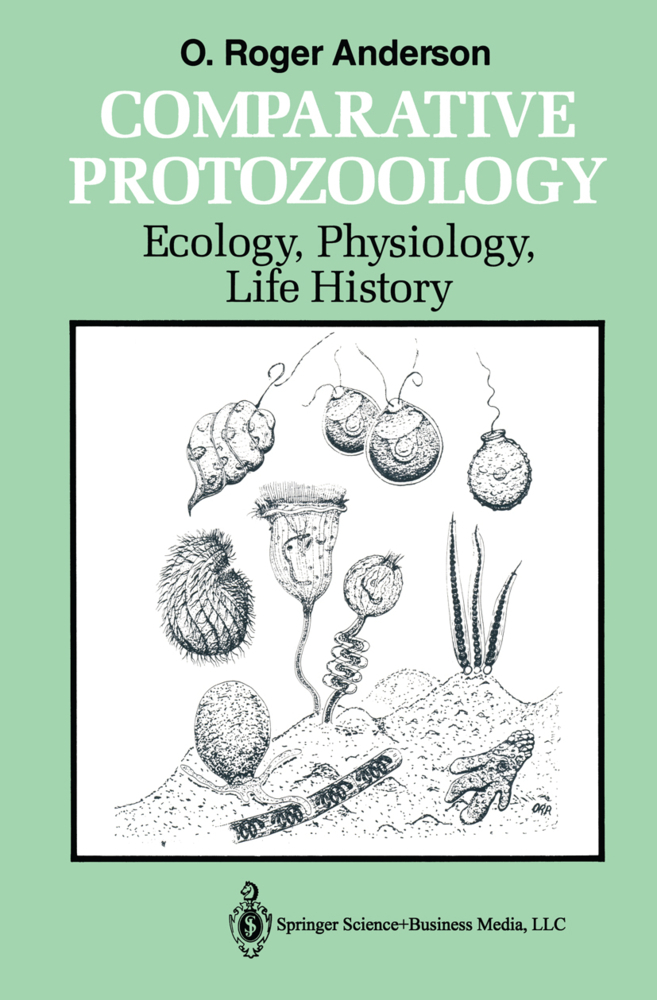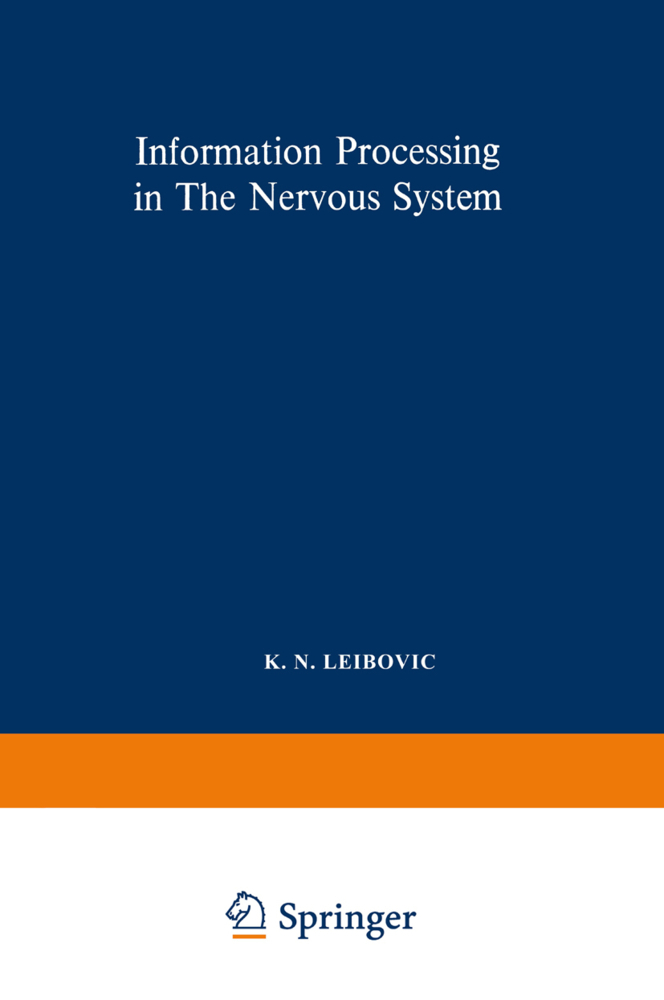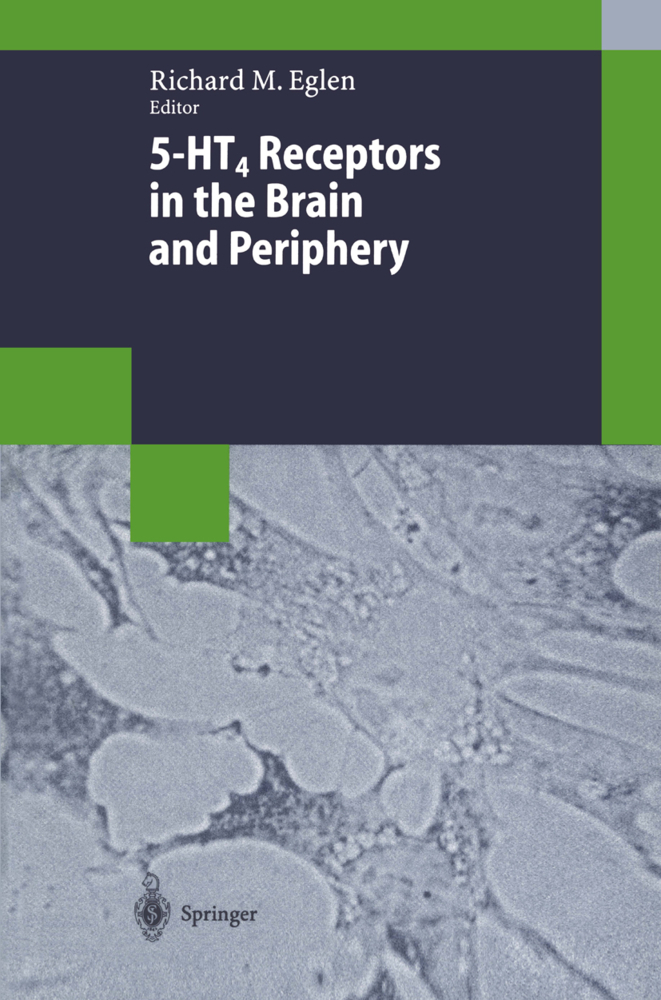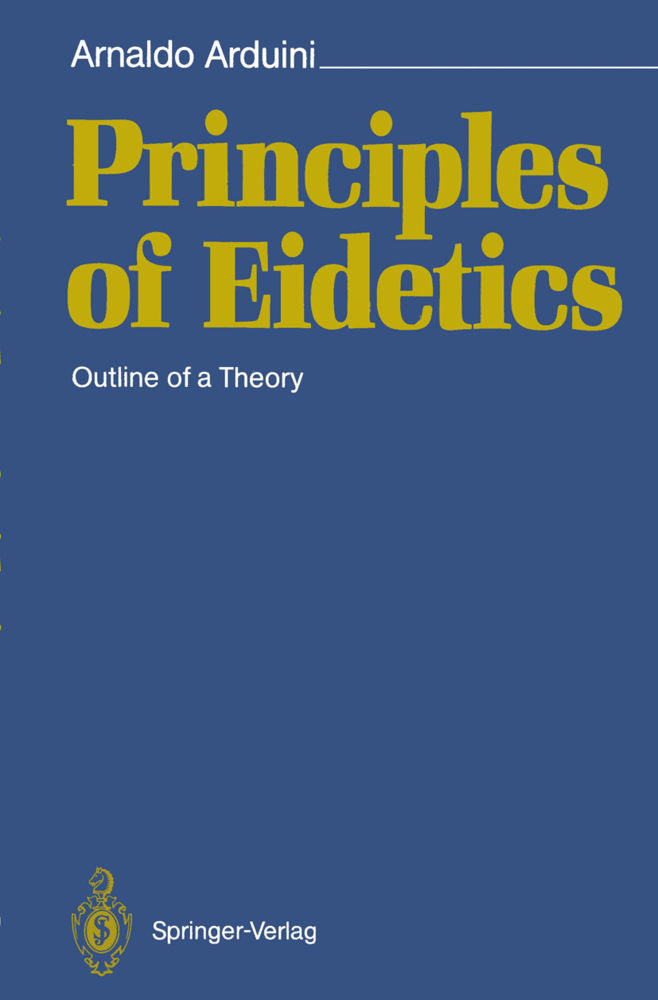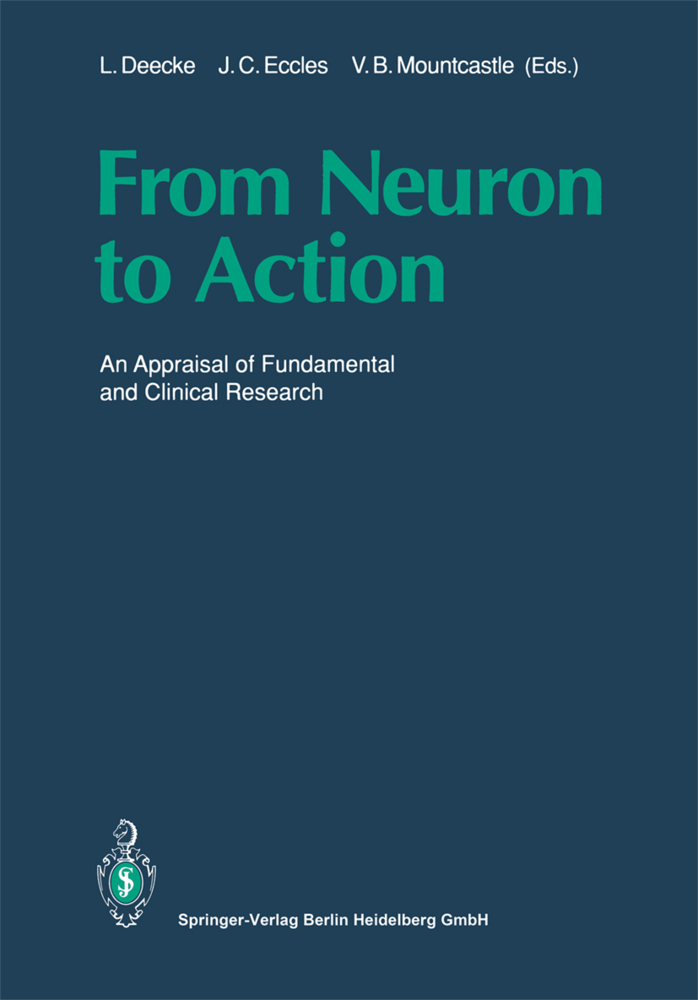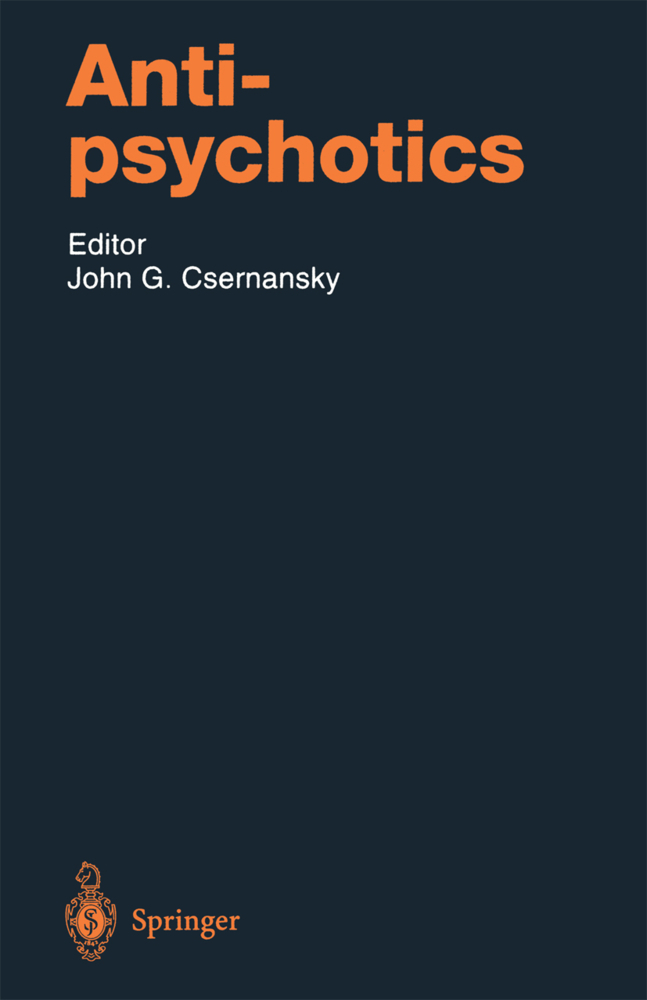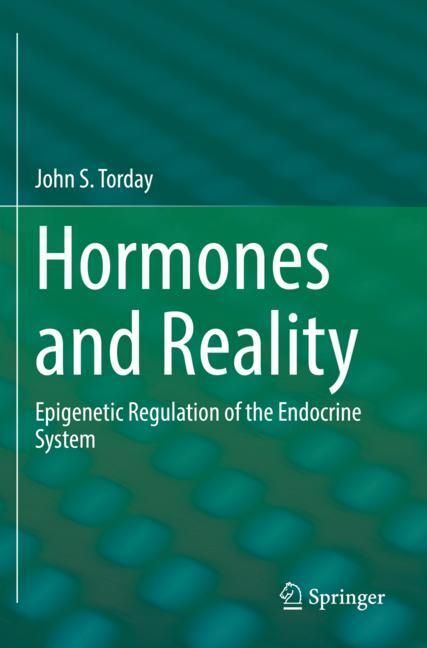Brain and Behavior in Child Psychiatry
Brain and Behavior in Child Psychiatry
The Brain-What Else! All senses are connected with the brain. From sense-perception derives . . . knowledge. In the brain is the sovereignty ofthe mind. Mind is interpreted by the brain. AIcmaeon of Croton (5th Century B. c. ) The ground is shifting under the traditional approaches to problems in the philosophy of mind. Earlier doctrines concerning the independence of cognition from the brain now appear untenable. P. S. Churchland (20th Century A. D. ) It is not objective of this volume to discuss the history and significance of neuroscience for philosophy from a developmental perspective, although this would be a rather interesting topic. Its object is the relationship between brain and behavior in children as exhibited by higher mental functions (e. g. , speech and language; reasoning, perception, free will and control of motor acts, dependence of behavior on neuronal constraints, the self of the child and therapeutic acti vi ties). Child psychiatrists commonly allude to the brain as the site of disturbance responsible for many developmental disabilities and psychopathological syn dromes identifiable by observing behavior (e. g. , dyslexia, delusions), neurological examination (e. g. , soft signs), psychological test performance (e. g. , Bender Gestalt Test), EEG (e. g. , alpha-theta ratio), and CCT (e. g. , pseudoatrophy). While there is nothing inherently wrong with such inferences, the fact is frequently overlooked that there is no specific set of brain-behavior relationships validating these inferences.
Considerations for the Study of Event-Related Brain Potentials and Developmental Psychopathology
The Role of the Frontal Lobes in Child Psychiatric Disorders
Monoaminergic Systems and Child Psychiatric Pathophysiology
Genetic Aspects of Brain Maturation and Behavior
The Importance of Genetic Factors in the Etiology of Child Psychiatric Disorders
Cognition
Cognitive Correlates of Abnormal EEG Waveforms in Children
A Neuropsychophysiological Approach to Specific Developmental Learning Disabilities
Biological Approaches to Classification and Treatment of Dyslexia
The Special Case of Down Syndrome
Speech and Language
Evaluation of Speech Performance in Children and Its Implications for Developmental Psychopathology
Nonfluent Speech Disturbances-Psychobiological Interactions
Neurological Basis of Developmental Language Disorders
Childhood Psychoses
Clinical, Electrophysiological, and Biochemical Markers and Monoaminergic Hypotheses in Autism
Childhood-Onset Schizophrenia
Children at Risk for Schizophrenia
Minimal Brain Dysfunction and Head Injury
Development in Children After Severe Head Injury
What Becomes of Clumsy Children with Attention Deficits? Some Data and Reflections from a Population-Based Study in Sweden
The Significance and Course of Minimal Brain Dysfunction
Sleep
Sleep Disturbances in Children: From the Physiological to the Clinical
Diagnostic and Therapeutic Aspects
Biofeedback: Evaluation and Therapy in Children with Attentional Dysfunctions
Is the Use of Psychotropic Drugs Helpful Within Child Psychiatry?
A Call for Reliable and Valid Psychophysiological Indices in Daily Practice
Author Index.
General Aspects
The Interaction of Psychological and Biological Processes in ChildrenConsiderations for the Study of Event-Related Brain Potentials and Developmental Psychopathology
The Role of the Frontal Lobes in Child Psychiatric Disorders
Monoaminergic Systems and Child Psychiatric Pathophysiology
Genetic Aspects of Brain Maturation and Behavior
The Importance of Genetic Factors in the Etiology of Child Psychiatric Disorders
Cognition
Cognitive Correlates of Abnormal EEG Waveforms in Children
A Neuropsychophysiological Approach to Specific Developmental Learning Disabilities
Biological Approaches to Classification and Treatment of Dyslexia
The Special Case of Down Syndrome
Speech and Language
Evaluation of Speech Performance in Children and Its Implications for Developmental Psychopathology
Nonfluent Speech Disturbances-Psychobiological Interactions
Neurological Basis of Developmental Language Disorders
Childhood Psychoses
Clinical, Electrophysiological, and Biochemical Markers and Monoaminergic Hypotheses in Autism
Childhood-Onset Schizophrenia
Children at Risk for Schizophrenia
Minimal Brain Dysfunction and Head Injury
Development in Children After Severe Head Injury
What Becomes of Clumsy Children with Attention Deficits? Some Data and Reflections from a Population-Based Study in Sweden
The Significance and Course of Minimal Brain Dysfunction
Sleep
Sleep Disturbances in Children: From the Physiological to the Clinical
Diagnostic and Therapeutic Aspects
Biofeedback: Evaluation and Therapy in Children with Attentional Dysfunctions
Is the Use of Psychotropic Drugs Helpful Within Child Psychiatry?
A Call for Reliable and Valid Psychophysiological Indices in Daily Practice
Author Index.
Rothenberger, Aribert
| ISBN | 978-3-642-75344-2 |
|---|---|
| Artikelnummer | 9783642753442 |
| Medientyp | Buch |
| Auflage | Softcover reprint of the original 1st ed. 1990 |
| Copyrightjahr | 2014 |
| Verlag | Springer, Berlin |
| Umfang | XXI, 414 Seiten |
| Abbildungen | XXI, 414 p. 7 illus. |
| Sprache | Englisch |

